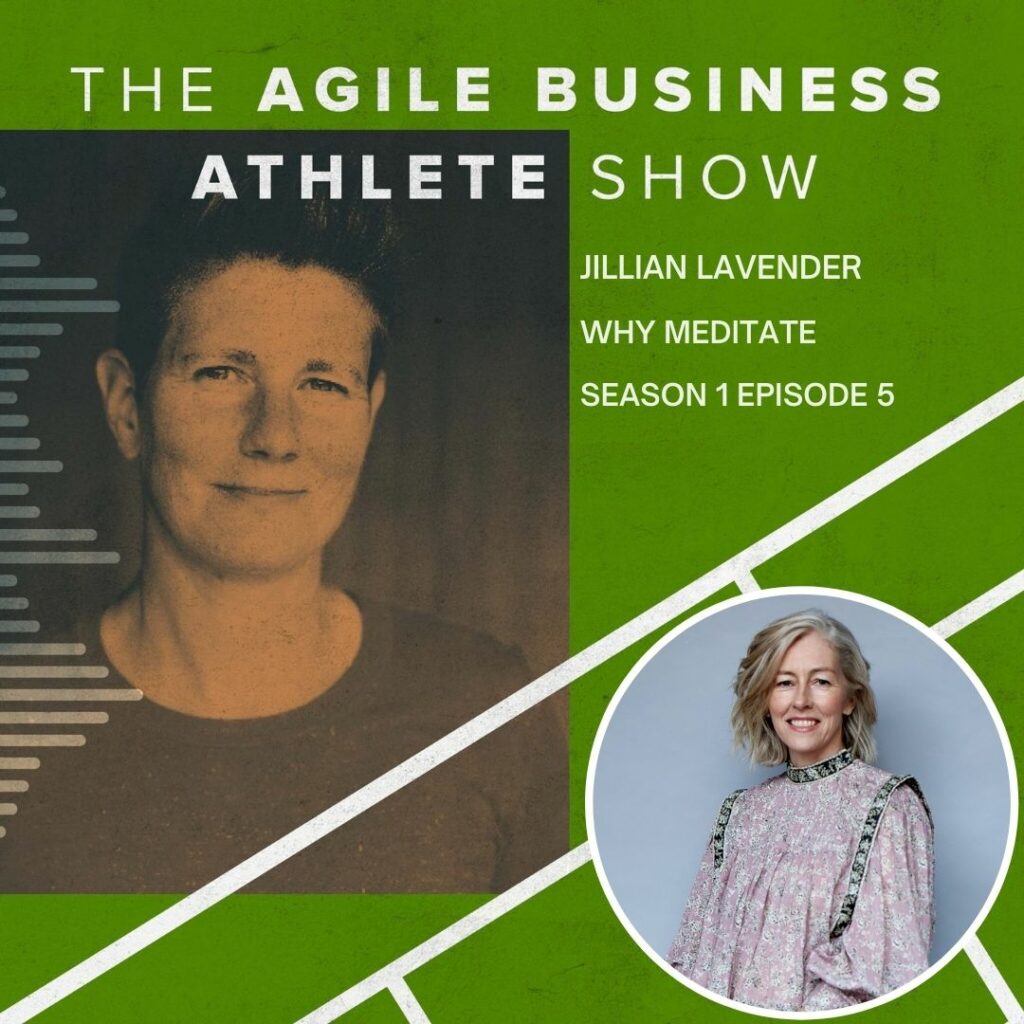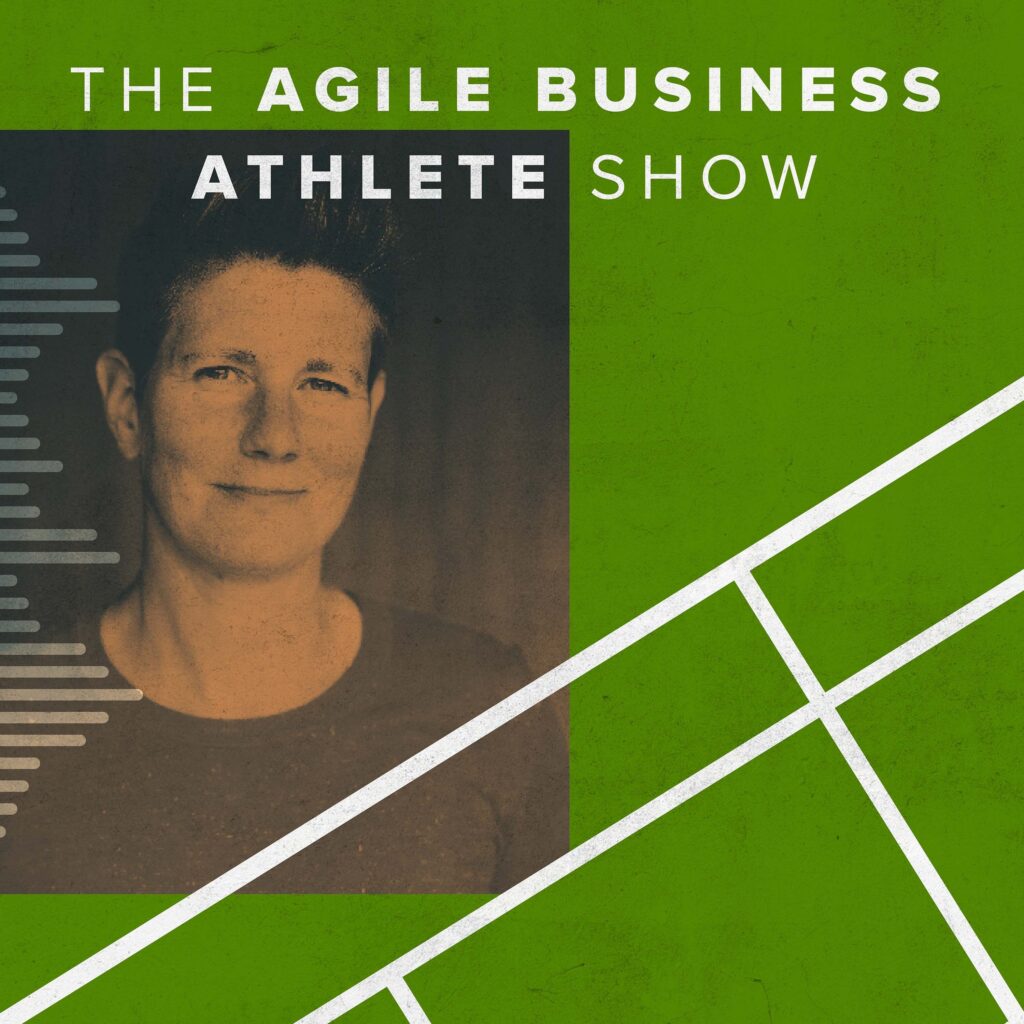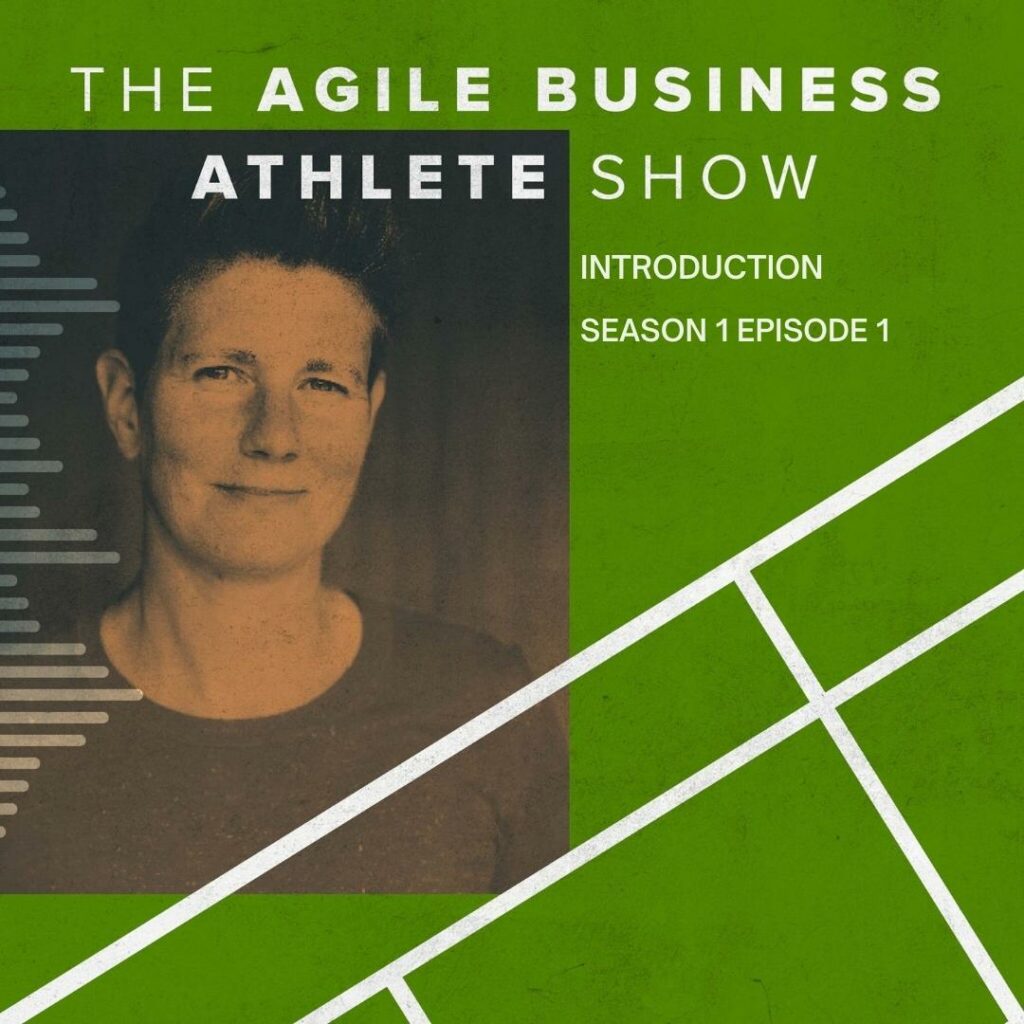Podcast: Play in new window | Download
Jillian Lavender, author of the book Why Meditate, joins us in this episode. She’s been teaching meditation since 2003 and is the co-founder of the London Meditation Centre in London and New York.
Topics Discussed In This Episode:
Jillian’s history with meditation and how she began practising it.
The misconceptions around meditation.
Why Jillian says meditation is about working with the mind, not against it.
The type of meditation Jillian teaches and its basic principles.
Why measuring oxygen metabolism is a good measure of relaxation.
Why Jillian says if you can think, you can do this mediation.
How our physiology is influenced by stress.
How meditation can support stress management.
The first aspect of wellness affected by stress.
How meditation helps you become more flexible and adaptable.
What happens when you make a decision from a grounded place.
What “happiness via acquisition” is and how people rely on it too much.
What Jillian’s expertise is and how she supports the people she teaches.
Key Takeaways:
Jillian’s attention was initially drawn towards meditation after learning how it helped a man she knew with his sleep. She was feeling fatigue herself, and that’s why she became intrigued.
Jillian had a lot of preconceived ideas about meditation before she began practising. She thought she would have to become vegetarian, give up coffee, or change her life in some way, which isn’t true.
Meditation isn’t about effort or hard work. It’s actually a process of fascinating the mind by giving it exactly what it wants.
The demand for fuel, oxygen, drops—and so does your metabolic rate—during mediation.
Under stress, we have the choice to adapt or maladapt, which is simply a reaction to a demand. This influences us on both a physical and mental level.
Creating a lifestyle and implementing practices that help manage stress is crucial to overall wellness, especially sleep.
Trying to control everything in life can be exhausting. It’s healthier to learn to roll with the punches. That’s exactly what meditation does: It helps you become more flexible and adaptable so you can manage changes as they come.
Learning to be resilient actually reduces our biological age, and the effect is both profound and immediate.
When you have clarity and make decisions from a grounded, calm place, you have the ability to make better decisions.
Happiness by acquisition doesn’t work. It might bring short-term happiness, but never does it bring long-term fulfilment.
Practising meditation can boost your self-confidence because it teaches you self-sufficiency over time.
Meditation is enjoyable and easy to learn. Even better, you can start reaping the benefits almost immediately.
Action Steps:
Common misconceptions about meditation:
- It’s difficult and takes a lot of work.
- It’s only for certain types of people.
- You have to change yourself once you start meditating.
Jillian said:
“When I sit down to meditate, I close the eyes and I have an intention to think that sound. Here’s the interesting thing: I’m not willing to use any effort to enforce that preference.”
“One of the key things of meditation is this self-sufficiency over our ability to settle down, as you say, and drop into a calmer state and experience that baseline of equanimity and happiness, bliss, whatever you want to call it, that is inside.”
Links To Things Mentioned In The Podcast:
Why Meditate book by Jillian Lavender:
If you enjoy what you hear, don’t forget to leave a rating or a review and subscribe to us on your favourite podcast platform!


